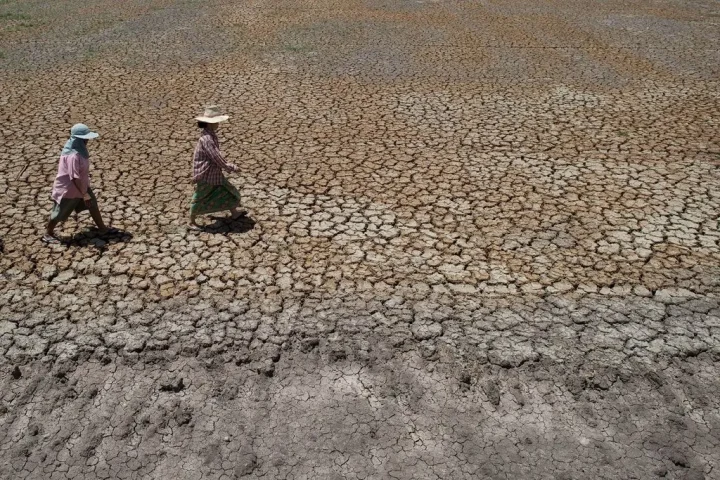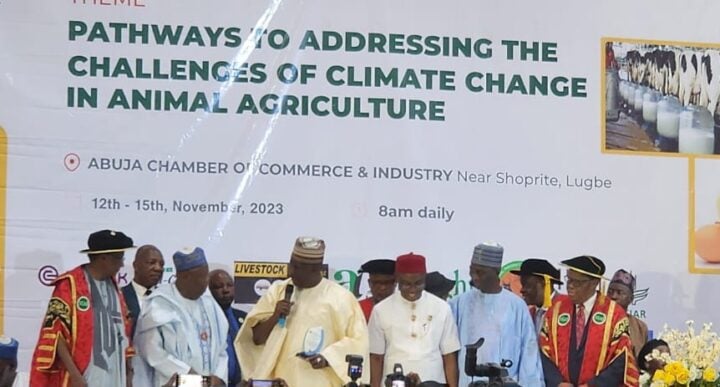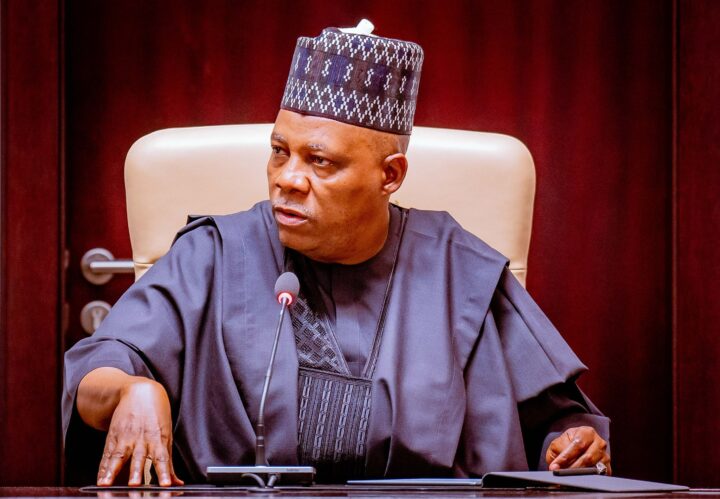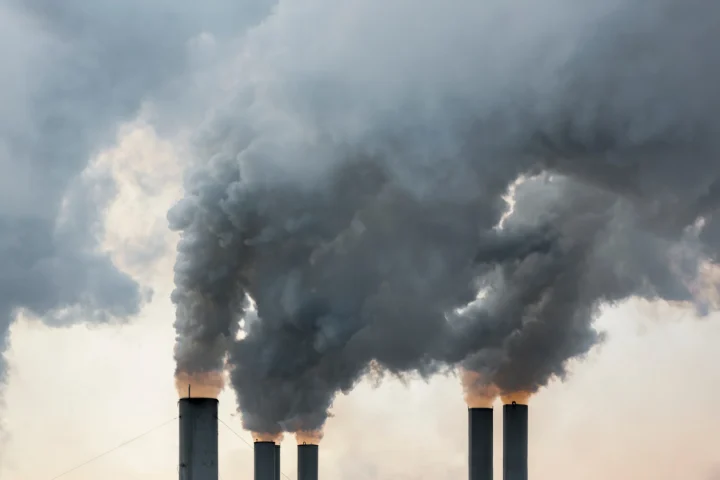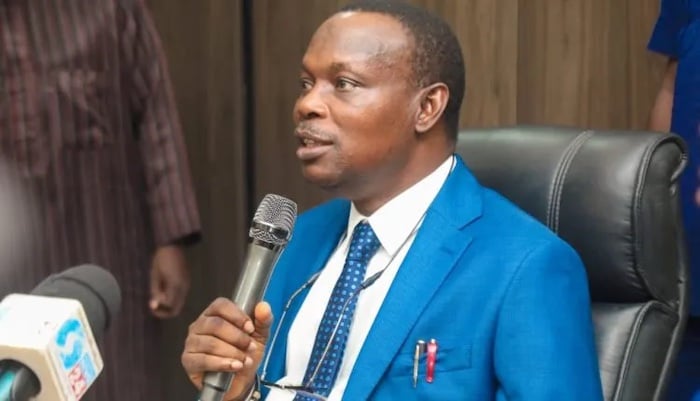A report by the UN Framework Convention on Climate Change (UNFCCC) says national climate action plans are insufficient to limit global temperature rise to 1.5° Celsius and meet the goals of the Paris agreement.
The report, which was released on Tuesday, analysed the nationally determined contribution (NDCs) of 195 parties to the Paris agreement, including 20 new NDCs submitted up until September 25.
According to the report, while emissions are no longer increasing after 2030, compared to 2019 levels, they are “still not demonstrating the rapid downward trend science says is necessary this decade”.
The report said if the latest NDCs are implemented, current commitments would increase emissions by about 8.8 percent, compared to 2010 levels.
Advertisement
This, it said, is a marginal improvement over last year’s assessment, which found countries were on a path to increase emissions by 10.6 percent by 2030, compared to 2010 levels.
The report said much more action is needed now to reduce greenhouse gas emissions and avoid the impacts of climate change.
“The latest science from the UN’s Intergovernmental Panel on Climate Change indicates that greenhouse gas emissions need to be cut 43 percent by 2030, compared to 2019 levels,” the report reads.
Advertisement
“This is critical to limit temperature rise to 1.5°C by the end of this century and avoid the worst impacts of climate change, including more frequent and severe droughts, heatwaves and rainfall.
“By 2030, emissions are projected to be 2 percent below 2019 levels, highlighting that peaking of global emissions will occur within this decade.
“The conditional elements of the NDCs need to be implemented, which depends mostly on access to enhanced financial resources, technology transfer and technical cooperation, and capacity-building support; as well as the availability of market-based mechanisms.”
‘COP28 MUST BE CLEAR TURNING POINT’
Advertisement
Simon Stiell, UNFCCC executive secretary, said the first global stocktake at the conference of parties (COP28) is where nations can get on track with meeting the goals of the Paris agreement.
Stiell said COP28 “must be a clear turning point”, adding that governments must agree on what stronger climate actions must be taken and deliver them.
“Today’s report shows that governments are taking baby steps to avert the climate crisis. It shows why governments must make bold strides forward at COP28 to get on track,” he said.
“The Global Stocktake report by UN Climate Change this year clearly shows where progress is too slow. Every fraction of a degree matters, but we are severely off track.
Advertisement
“COP28 is our time to change that. It is time to show the massive benefits now of bolder climate action: more jobs, higher wages, economic growth, opportunity and stability, less pollution and better health.
“Using the Global Stocktake to plan ahead, we can make COP28 a game-changer. And provide a springboard for a two-year climate action surge.
Advertisement
“We need to rebuild trust in the Paris process. Which means delivering on all commitments, particularly on finance. And ensuring that we are increasing resilience to climate impacts everywhere.”
Sultan Al Jaber, COP28 president, said “there is simply no time left for delays” in meeting the goals of the Paris agreement.
Advertisement
Jaber said COP28 must be a “historic turning point for Parties to seize the global stocktake” and deliver outcomes that keep 1.5°C within reach.
Advertisement
Add a comment
